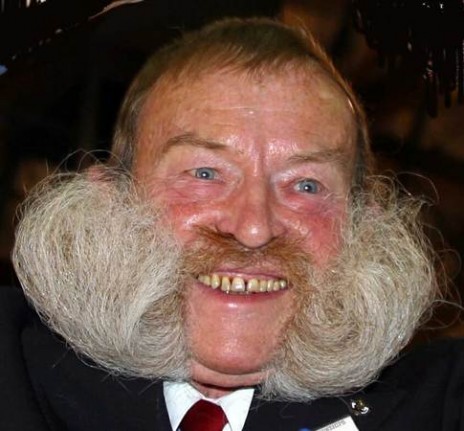
When referring to objects (cars, food etc) "The dog's bollocks" means something is the best you can get, "The bollocks" means it's amongst the best, while "Bollocks" means it's rubbish. Literally 'testicles' colloquially a slightly milder version of "bullshit". This is now thought to be unlikely as the phrase isn't recorded until a good thirty years later.

Bad Show: Usually an upper-class character will utter this when they witness something going wrong.In the nautical world, it's used a bit more specifically - "aye" is used as yes, "aye-aye" is shorthand for "I understand and will obey." In other words, "aye" is an answer to a question, while "aye-aye" is a response to a command. Elsewhere, tends to be the preserve of old/mysterious men, often smoking a pipe while ruminating on something.

In Scotland and Northern England, it's a more common word than "yes" in colloquial speak that means the same thing. With the emphasis on the first syllable, this is short for "get away," a mild and friendly way of saying "Stop your nonsense," generally used to get the addressee's attention or express mild disbelief. The distinction is generally that an "ass" is a wilfully stubborn or unreasonable person (a donkey metaphor, obviously), while an "arse" or "arsehole" is a person who is unpleasant, yobbish or rude. It tends to be used in the sense of "donkey", so that making an ass of yourself and making an arse of yourself are distinct and "ass" is much milder. Arse: Ass is occasionally heard as a Bowdlerised version of arse, a sort-of Foreign Cuss Word.Also means aggravation in the UK, at least in England.

Used in e.g.: It seems there's some aggro going on! This one is definitely more used in Australia and South Africa. Note that this article contains many colloquialisms which may not (indeed, rarely do) have fixed definitions, therefore to some extent your mileage may vary. See also: British English, and the Quintessential British Gentleman (who probably uses these a lot).

See Did Not Do the Bloody Research for when British English goes wrong. Some, especially the ruder ones, are still regularly used in Real Life.ĭue to a lot of cultural cross-contamination with the countries of the Commonwealth, some of these phrases are also common in Irish, Australian, New Zealand, and Indian dialects of English (among others) - in fact, some are more common in those countries (particularly India) than they are in the modern UK, where they've died out or been rejected as clichés. Many of these were originally popularized by P. In US TV, often used to up the level of Britishness. Turns of phrase that are clichéd or even passé in the UK, but turn up in television all the time.


 0 kommentar(er)
0 kommentar(er)
